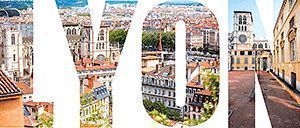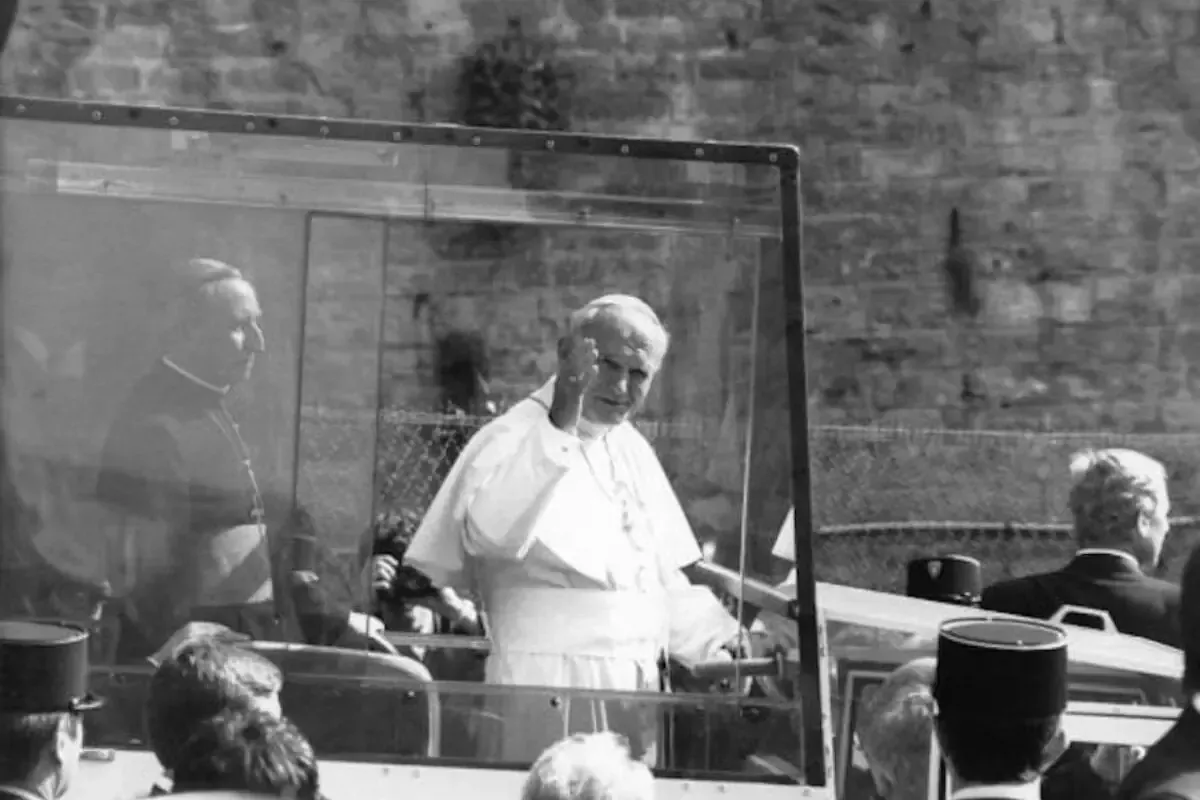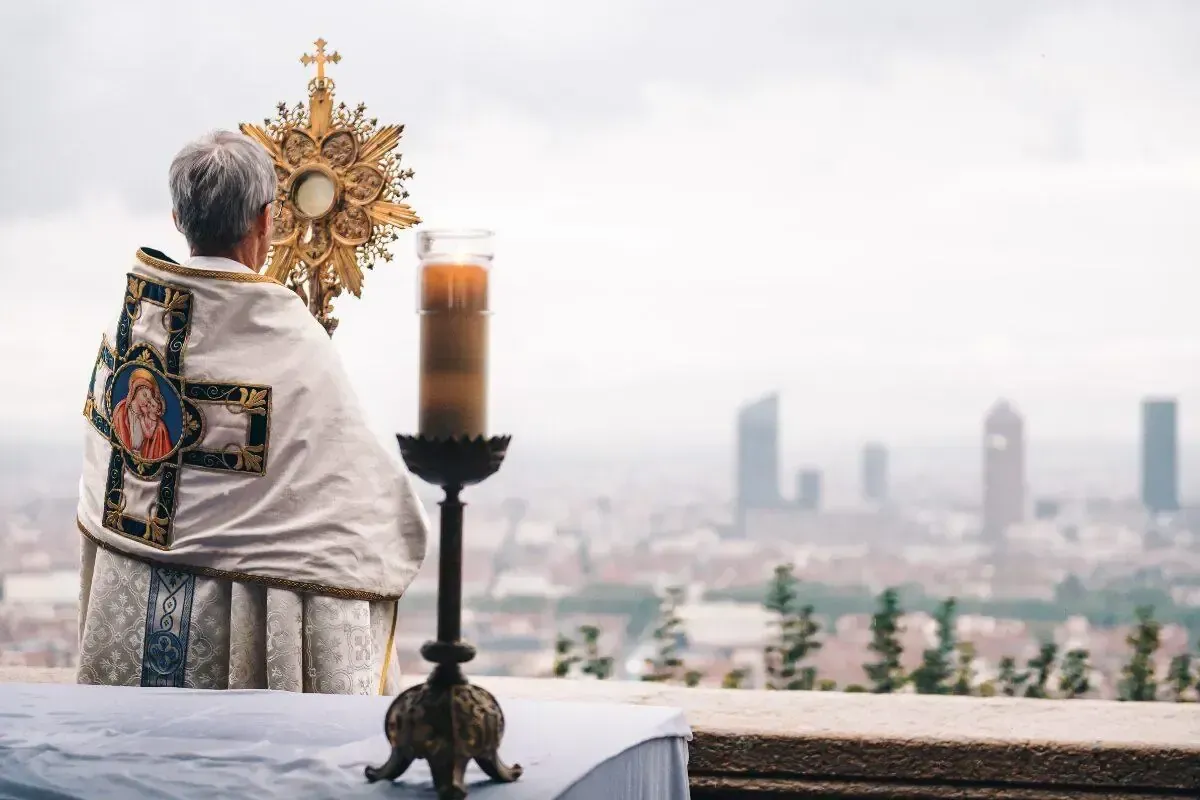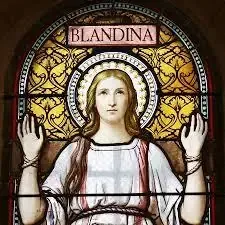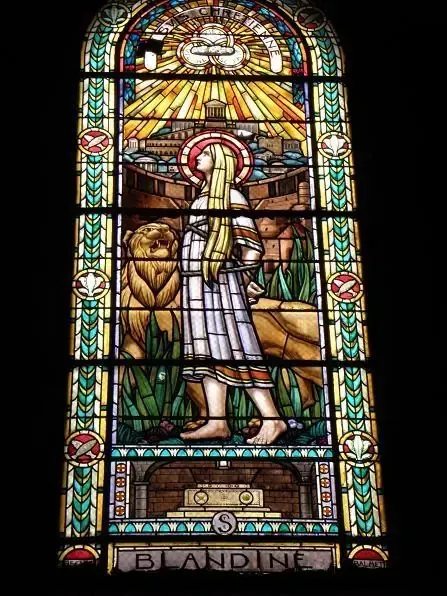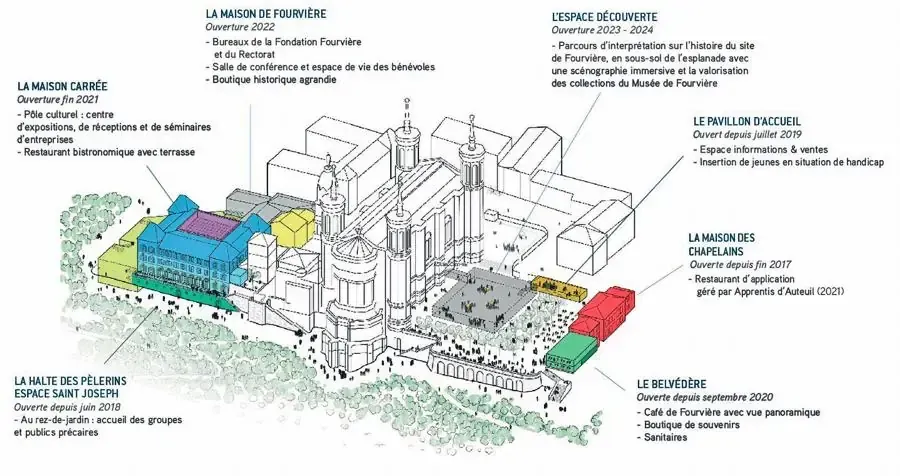Why Lyon Still Matters When the Vatican Elects a New Pope
As the world turns its eyes toward Rome this week for the election of a new pope, one city far from the Vatican has a long and surprising connection to the papacy: Lyon, France. Known for silk, gastronomy and its riverside charm, Lyon also holds a unique place in the spiritual history of Christianity—and even helped shape the early Church.
From Martyrdom to Mission
Lyon’s Christian roots date back to around AD 150, when the Roman city of Lugdunum became a cradle of early faith in Gaul. In AD 177, the persecution of Christians reached its peak with the martyrdom of Saint Pothinus, the city’s first bishop, and a young slave named Blandina, whose courage in the face of horrific torture would become legendary. Their deaths, recorded in a moving letter from the Church of Lyon to their brothers in Asia Minor, are considered foundational moments in the history of Christianity in Europe.
Their successor, Saint Irenaeus, originally from modern-day Turkey, became a key theologian and mediator between Eastern and Western Christian thought. He’s often credited as the man who firmly connected Lyon with Rome.
The First Church of Gaul
Lyon was the first Christian community in Roman Gaul, and over time, its bishops came to hold the prestigious title Primat des Gaules—Primate of the Gauls. This symbolic title reflected Lyon’s early leadership within the Church in France and its influence across Europe.
Lyon: Host of Papal Councils
In the 13th century, Lyon welcomed not one, but two ecumenical councils (1245 and 1274), bringing together cardinals, theologians and papal envoys from across Christendom. The topics? Crusades, unity with Eastern Christians, and Church reform. For a moment in history, Lyon became the beating heart of Catholic diplomacy.
The Vatican’s French Connection
Over the centuries, many key Vatican figures emerged from Lyon. Napoleon’s uncle, Joseph Fesch, was archbishop of Lyon before becoming a cardinal in Rome. In the 20th century, Jean-Marie Villot, also a Lyonnais, served as the Vatican Secretary of State and presided over two papal conclaves.
One of the most impactful yet lesser-known figures was Pauline Jaricot, a Lyon native who pioneered global missionary fundraising in the 19th century. Her work led to the founding of the Pontifical Mission Societies, still headquartered in Lyon today.
A City of Conscience
Lyon has long championed social Christianity, from supporting silk workers in the 19th century to protecting Jewish children during World War II. Cardinal Pierre Gerlier, archbishop during the Nazi occupation, was honored as “Righteous Among the Nations” by Israel for his courage.
Even today, figures like Christian Delorme, known as the "priest of the Minguettes", embody Lyon’s unique interfaith dialogue and grassroots activism.
Trials and Scandals
In recent decades, Lyon has also faced deep challenges. The abuse scandal involving Father Bernard Preynat cast a long shadow over the city’s Church, leading to the resignation of Cardinal Barbarin. These wounds are still healing.
Yet, Lyon continues to evolve—both religiously and culturally—with a new generation of leaders and faithful seeking transparency, dialogue, and renewal.
What’s Next?
Will the new pope see Europe as a vital space for faith and dialogue? And will cities like Lyon—rich in memory and spiritual heritage—continue to matter in the Vatican’s future vision?
With two former Lyonnais participating in the conclave, including Cardinal Barbarin and Archbishop Jean-Paul Vesco of Algiers, Lyon may yet have a subtle influence on this historic moment in Rome.



